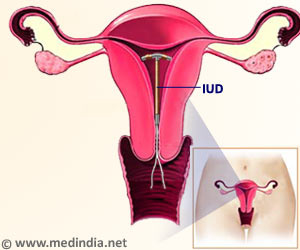Using high-throughput genomics researchers have identified rare highly-penetrant genetic variants that drive the development of gestational diabetes.

‘Pregnancy-induced diabetes has a strong underlying genetic element that interacts with lifestyle factors and the physiologic changes accompanying pregnancy to alter maternal glucose regulation.’





The mechanisms causing gestational diabetes are complex and incompletely understood. The study, entitled 'Screening for monogenic subtypes of gestational diabetes in a high prevalence island population - a whole exome sequencing study' provides the first description of atypical diabetes presenting in pregnancy in the Maltese population.
This research integrates clinical medicine, genomics and protein modelling with longitudinal follow-up data. The paper highlights the genetic heterogeneity underlying disorders of glucose regulation and reinforces the role of precision medicine research in unravelling the aetiology of complex traits.
Source-Eurekalert















